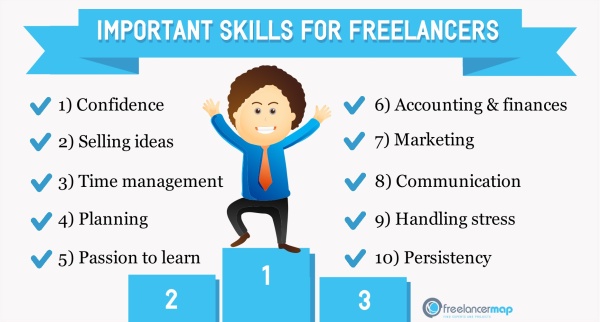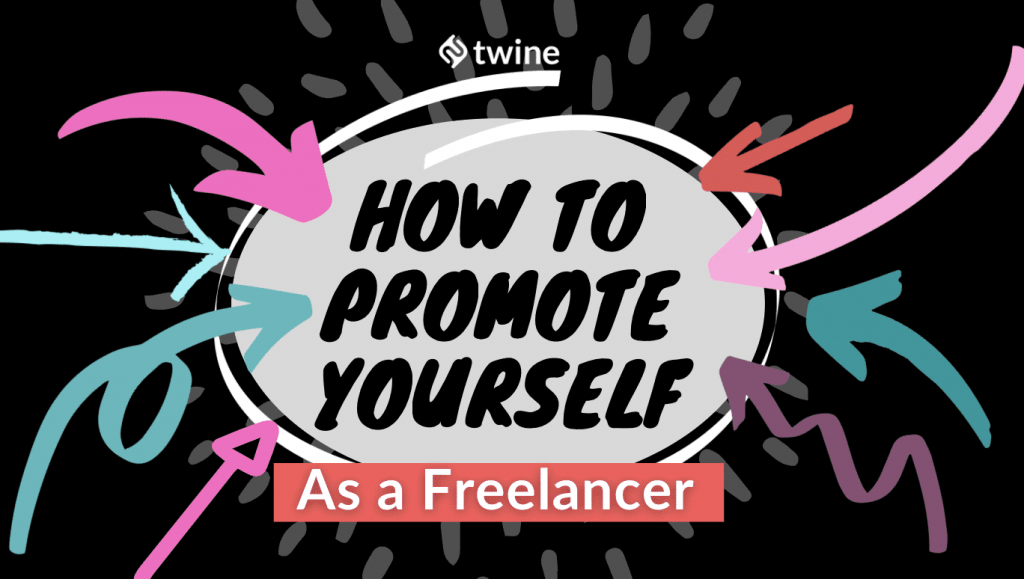Working in the creative industries: is freelancing the road to success?
In the ever-evolving landscape of the creative industries, freelancing has become an increasingly attractive path to success. This blog post explores the merits and drawbacks of pursuing a freelance career within creative fields, the skills required, self-promotion strategies, and the critical importance of reputation and professionalism when dealing with clients.
What Does it Mean to Be a Freelancer?
Freelancing, in essence, means being self-employed and working on a project-by-project basis, often for multiple clients. Freelancers are not tied to a single employer and enjoy a degree of flexibility in choosing the projects they work on. In the creative industries, this could involve anything from designing websites and creating animations to developing games or producing art.
Key Skills Required of a Freelancer:
Regardless of their specific creative discipline, freelancers need certain key skills:
Technical Proficiency: A strong grasp of the tools and technologies relevant to their field is essential. For example, a web developer should excel in coding languages, while a graphic designer must be proficient in design software.
Communication: Clear and effective communication is paramount, both when discussing project requirements with clients and collaborating with other professionals in the industry.
Time Management: Freelancers often juggle multiple projects simultaneously. Effective time management is critical to meet deadlines and maintain a consistent workflow. Marketing and
Self-Promotion: Freelancers need to market their services effectively to attract clients. This includes building an online presence, showcasing a portfolio, and using social media for promotion.
Promoting Yourself as a Freelancer:
Promoting yourself as a freelancer involves creating a strong online presence. This includes:
Building a Portfolio: Showcase your best work on a personal website or portfolio platform to demonstrate your skills and expertise.
Social Media: Use platforms like LinkedIn, Instagram, or Twitter to share your work, engage with potential clients, and network with other professionals.
Networking: Attend industry events, conferences, and meetups to connect with potential clients and collaborators. Online Marketplaces: Join freelancing websites like Upwork, Freelancer, or Fiverr to find clients and build a reputation.
Importance of Reputation and Professionalism:
In the freelance world, reputation is everything. Satisfied clients can lead to referrals and repeat business, while a negative reputation can harm your career. Always be professional, deliver high-quality work, and communicate effectively to maintain a positive reputation.
Benefits and Drawbacks of Freelancing:
Benefits:
Flexibility: You have control over your work hours and the projects you take on.
Diverse Portfolio: Working with various clients and projects allows you to diversify your portfolio.
Independence: You're your own boss and can make decisions without corporate constraints.
Drawbacks:
Income Variability: Income can be irregular, and you must manage finances carefully.
Self-Employment Challenges: Freelancers are responsible for taxes, insurance, and other administrative tasks.
Isolation: Working independently can be lonely, lacking the social interaction of an office.
Freelancing and Indie Development Appeal:
The appeal of freelancing lies in the freedom it offers to pursue one's creative passions, choose projects, and shape one's career. Similarly, indie development in the game, web, or animation sectors allows for creative expression and entrepreneurial spirit.
Establishing Your Own Business:
To establish your own freelance business, consider these steps:
Legal Structure: Choose a legal structure (sole proprietorship, LLC, etc.) and register your business.
Finances: Set up a separate bank account, track income and expenses, and understand tax requirements.
Portfolio: Build a strong portfolio and establish an online presence. Marketing: Develop a marketing plan and network with potential clients.
Contracts: Create clear and professional contracts for projects. Professional Development: Continue learning and improving your skills.
General Advice for Your Discipline Area:
Embrace Your Unique Creative Voice: Your creativity is your biggest asset. Embrace your unique style and vision; it's what sets you apart in a competitive landscape. Don't be afraid to express your personality and perspective through your work.
Develop a Diverse Skill Set: In the creative industries, versatility is valuable. While specializing in a niche is important, having a broader skill set can open doors to more opportunities. Learn complementary skills that enhance your primary expertise.
Build a Strong Online Presence: Your online presence is your digital storefront. Create a professional website or portfolio showcasing your best work. Use social media platforms to share your projects, engage with potential clients, and network with peers.
Understand Your Market: Research your target market thoroughly. Understand the needs, preferences, and trends within your niche. Tailor your services and marketing efforts accordingly to attract the right clients.
Create a Business Plan: Treat your freelance career as a business. Develop a business plan that outlines your goals, target clients, pricing structure, and marketing strategies. Having a clear plan will guide your decisions and actions.
Pricing Your Services: Determine your pricing strategy carefully. Consider factors like your skills, experience, market demand, and cost of living. Don't undervalue your work; charge rates that reflect your expertise.
Networking and Collaboration: Building relationships is crucial. Attend industry events, conferences, and meetups to connect with potential clients and collaborators. Collaboration can lead to exciting projects and expand your network.
Time Management and Productivity: Freelancers often juggle multiple projects. Effective time management and productivity techniques are essential. Use tools like calendars and project management apps to stay organized.
Handling Finances: Learn about taxes, expenses, and financial planning. Set aside a portion of your income for taxes and create a budget. Consider seeking financial advice to secure your financial stability.
Contracts and Legal Protection: - Always use clear and professional contracts for your projects. Contracts outline expectations, payment terms, project scope, and legal protections. Consult with a legal expert if necessary.
Client Relationships: - Foster positive client relationships. Communication is key. Be attentive, responsive, and transparent in your interactions. Satisfied clients can become long-term collaborators and sources of referrals.
Continuous Learning and Adaptation: - Creative industries evolve rapidly. Stay updated with new tools, technologies, and trends. Embrace change as an opportunity for growth and innovation. Invest in continuous learning to remain relevant.
Self-Care and Work-Life Balance: - Freelancing can be demanding. Prioritize self-care and maintain a healthy work-life balance. Burnout can hinder creativity and productivity, so take breaks and practice self-care regularly.
Seek Mentorship and Support: - Don't hesitate to seek guidance from experienced freelancers or mentors in your field. They can offer valuable insights, advice, and support as you navigate your freelance career.
Marketing and Self-Promotion: - Consistently market your services. Create a strong personal brand and use various marketing channels to reach your target audience. Showcase your work, collect testimonials, and build your reputation.
Perseverance and Patience: - Freelancing can be challenging, especially in the early stages. Stay persistent and patient. Success may not come overnight, but your dedication will pay off over time.
Freelancing in the creative industries offers a world of opportunities for self-expression, creative growth, and independence. By following these tips and continually honing your skills and business acumen, you can embark on a successful freelance journey that allows you to thrive creatively while building a fulfilling career on your own terms. Remember that your unique creative perspective is your greatest asset, so use it to your advantage as you pursue your freelancing dreams.



Comments
Post a Comment